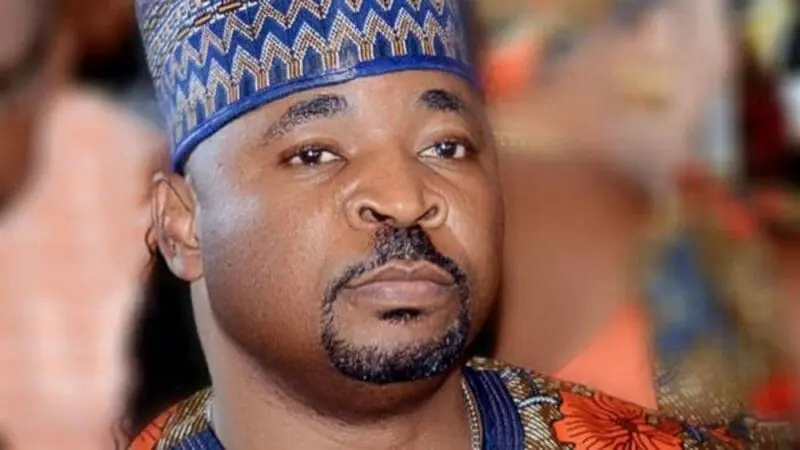Mental health issues possible during grieving, says psychologist
A Clinical Psychologist, Samuel Jinadu, has urged Nigerians to provide mental health support to persons who are grieving after the loss of a relative or loved one, noting that they are prone to mental health issues.
The psychologist noted that it is wrong to attribute mental health issues in bereaved persons to witch-hunting by the dead, noting that what such persons need is proper mental health support from experts.
The mental health experts said, “An average Nigerian term mental health issues like depression, anxiety, psychosis, bipolar as spiritual problems.
“So if now you talk about grief, they’d probably say that the spirit of the person that has died has done this and that.
“They give different spiritual interpretations to experiences that people pass through when they are grieving, especially if they have a problem.
“They would probably say that the person has done something bad to the dead person and the spirit is haunting him.
“You know, different experiences, different explanations and it doesn’t help the individual to get closure. It doesn’t help the individual to grieve properly and come out of it. For us in this country, we still have that challenge of spiritualising mental health.”
He urged the relatives of such persons to rather seek the help of a mental health expert instead of leaving the person alone as such conditions can deteriorate into more severe issues.
Jinadu, who is also the head of the psychology unit at Karu General Hospital, told our correspondent that grief becomes worrisome if it starts affecting a person’s ability to recover, bounce back to life, be productive, and affect their interpersonal relationship.
He said that if a person grieving the death of a loved one is no longer able to function appropriately that is when a psychological intervention should be sought
Such grief is known as complicated grief, he explained.
He said such people could be at risk of developing severe mental health crises.
“For some people, it could be substance use disorder because they are grieving so they take alcohol or take other psychoactive substances to numb their experiences which is a major risk factor for other mental health disorders,” he said.
Jinadu also advised that persons grieving should not be rushed through any of the six stages of grief which are denial, anger, bargaining, depression, acceptance, and finding meaning.
According to him, a person might be stuck in any of the six stages of grief but that doesn’t mean that they may need the assistance of a specialist if they can fully function.
“Professionally we don’t encourage rushing an individual to move from one stage to the other because everyone has different capacities to process and deal with each stage differently,” he said.
“If an individual is prolonged in a particular stage and it is not affecting their ability to be productive, function or their interpersonal relationship with other people you can’t really say that person has a disorder.
“The person is just stuck at a particular stage and not able to move on but he is functioning and every other thing is ok.
“The person perhaps is dealing with a particular experience, they would need support but not to the level compared to an individual who is unable to function,” he said.








